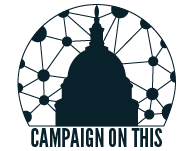The current U.S. administration’s efforts to curb what it labels “misinformation” have sparked concerns that the government is overstepping its bounds and infringing on First Amendment rights. These concerns stem from revelations of pressure on social media platforms to moderate or remove content deemed false or misleading by government officials. The claim is that these actions are necessary to combat misinformation, but critics argue that they threaten the very core of free speech protections.
Government Efforts to Combat “Misinformation”
Over the past few years, the administration has ramped up efforts to counter misinformation, particularly on issues like COVID-19, elections, and climate change. Agencies such as the Department of Homeland Security (DHS) and the State Department have reportedly engaged with platforms like Facebook, Twitter, and Google to flag and suppress content they believe spreads false narratives or harms public safety.
For instance, the Twitter Files, a series of internal documents released by journalists in 2023, revealed that government agencies were frequently in contact with social media companies to guide the removal of certain posts, raising concerns about state overreach. One of the most high-profile examples of this was the Hunter Biden laptop story, which was suppressed by social media platforms following warnings from the FBI about potential foreign interference.
In another case, Mark Zuckerberg, CEO of Meta (formerly Facebook), admitted in 2024 that the administration had pressured his company to censor COVID-19-related content, including satire, during the pandemic. This led to bipartisan criticism and claims that the government was silencing political discourse.
International Parallels: Brazil and Australia
The U.S. isn’t the only country facing these issues. In Brazil, the government’s censorship efforts have drawn global attention. Following its 2024 ban on X (formerly Twitter), Brazilian authorities cracked down on social media platforms, claiming to fight misinformation. This censorship was implemented by Brazil’s Supreme Court, specifically targeting accounts critical of the government. Critics of these actions argue that such bans not only restrict free speech but set a dangerous precedent where governments can silence dissent under the pretense of protecting public order.
Similarly, in Australia, the proposed Misinformation and Disinformation (MAD) Bill has stirred heated debate. The bill would allow the government to fine social media platforms if they fail to moderate content deemed as misinformation. While intended to combat harmful content, it has been criticized for potentially granting the government too much control over what can and cannot be said online. Free speech advocates fear that it will allow the government to define truth, giving rise to censorship and suppression of political discourse.
Lessons from History
These efforts to control information are not new. Throughout history, governments have used censorship to maintain control over narratives, often with devastating effects. A prime example is Nazi Germany, where the regime under Joseph Goebbels, Minister of Propaganda, used censorship to silence dissenting voices. The Nazis controlled the media, banned books, and spread their ideology through propaganda, resulting in one of history’s darkest periods of oppression and genocide. This combination of censorship and propaganda ensured that the public was fed only one narrative, preventing alternative views from being heard.
Similarly, in the Soviet Union, the government maintained strict control over the press and public discourse, censoring any material that criticized the Communist Party or its leadership. This control of information stifled free thought and debate, keeping citizens in a constant state of misinformation and fear.
The U.S. itself is not immune to such actions. During periods like the McCarthy era, free speech was threatened when individuals suspected of harboring communist sympathies were blacklisted, their lives and careers ruined. The idea of controlling what can be said, especially about the government, is antithetical to the values upon which the U.S. was founded.
Censorship Today: A Dangerous Path?
The fight against misinformation is undoubtedly important. False information can have real-world consequences, as seen during the COVID-19 pandemic or in election-related conspiracy theories. However, the risk of government overreach is high when it comes to policing speech. Critics of the current administration’s efforts argue that by pressuring private companies to moderate content, the government is bypassing the First Amendment, which prohibits government censorship.
One of the main concerns is the chilling effect—where individuals, out of fear of reprisal or censorship, may refrain from expressing opinions or engaging in public discourse. This self-censorship is especially dangerous in democracies, where open debate and the free exchange of ideas are crucial for societal progress.
Additionally, when governments define what is “truth” or “misinformation,” there is always the potential for abuse. Today, the target may be misinformation about public health, but tomorrow, it could be political opinions or critiques of government policies. This slippery slope toward government-controlled speech can lead to authoritarianism, as seen in historical examples like Nazi Germany or Soviet Russia.
Conclusion
Efforts to combat misinformation must be balanced with the need to protect free speech. While misinformation poses real dangers, allowing governments to dictate what can and cannot be said is a greater threat. The examples of Brazil, Australia, and the lessons from history remind us that censorship under the guise of protecting public order or truth can lead to the suppression of essential freedoms. The U.S., a nation founded on the principles of free expression, must tread carefully in these efforts to ensure that the First Amendment remains intact and that all voices, even dissenting ones, are heard.



